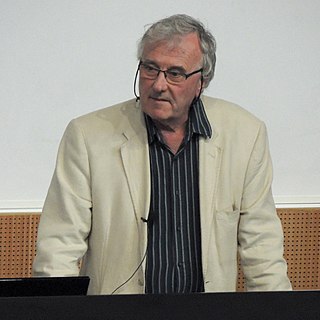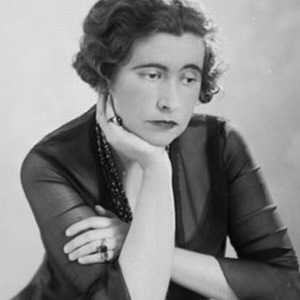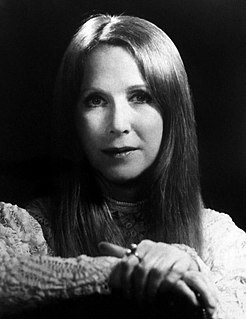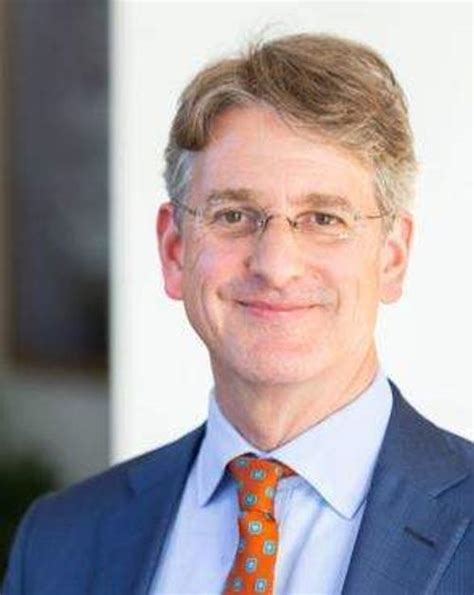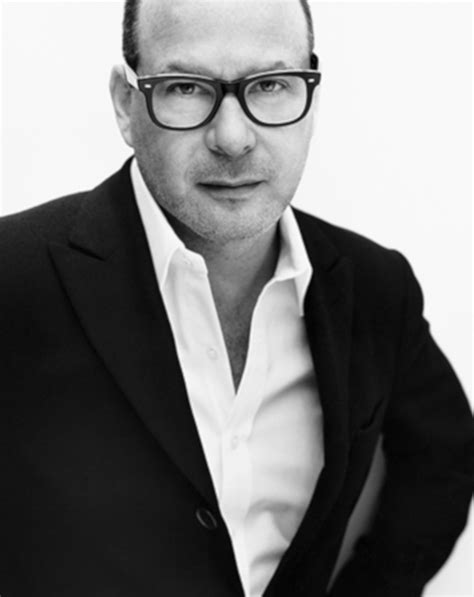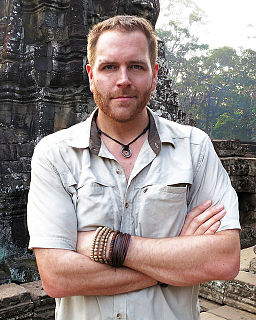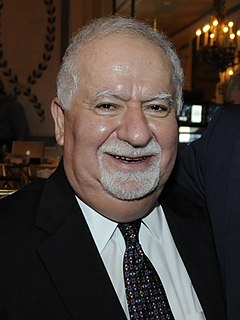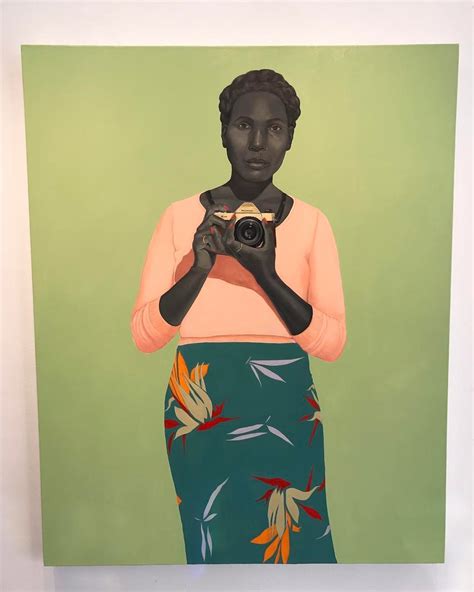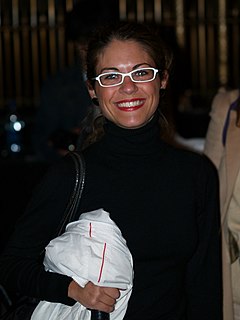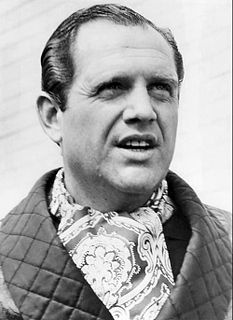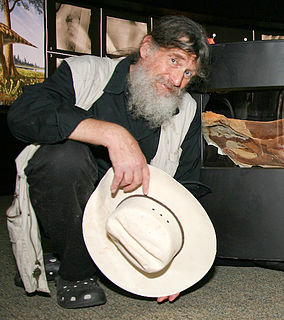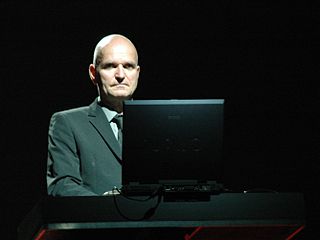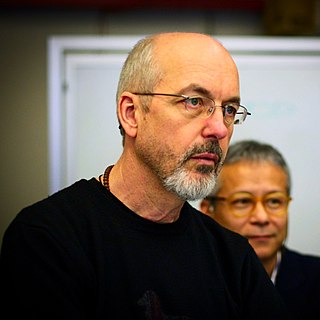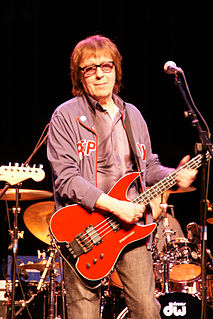Top 485 Museums Quotes & Sayings
Explore popular Museums quotes.
Last updated on April 14, 2025.
Museums, museums, object-lessons rigged out to illustrate the unsound theories of archaeologists, crazy attempts to co-ordinate and get into a fixed order that which has no fixed order and will not be co-coordinated! It is sickening! Why must all experience be systematized? A museum is not a first-hand contact: it is an illustrated lecture. And what one wants is the actual vital touch.
Fashion has been collected and exhibited for many years. People were picking up clothing of famous individuals, like Marie Antoinette's shoe or Napoleon's hat. That part of the resistance to having fashion in museums had to do with it being associated with femininity, and with the female body. Yet, as early as the 18th century, some people were recognizing that just as you collected art, you, might think about collecting fashion for museums, because it would provide insight into the way people thought about their lives and, and the way they envisioned themselves.
I think about museums often. There are things that I want museums to do that they often don't. For me, I like it when there's a system within the museum that can continuously change - whether it's a museum that is nomadic or one that's designed so the building can shape-shift. I like restless spaces, and I want to be engaged.
Our time and attention is scarce. Art is not that important to us, no matter what we might like to believe... Our love of art is often quite temporary, dependent upon our moods, and our love of art is subservient to our demand for a positive self image. How we look at art should account for those imperfections and work around them. Keep in mind that books, like art museums, are not always geared to the desires of the reader. Maybe we think we are supposed to like tough books, but are we? Who says? Many writers (and art museums) produce for quite a small subsample of the... public.
The great proliferation of museums in the nineteenth century was a product of the marriage of the exhibition as a way of awakening intelligent interest in the visitor with the growth of collections that was associated with empire and middle-class affluence. Attendance at museums was as much associated with moral improvement as with explanation of the human or natural world.
When museums are built these days, architects, directors, and trustees seem most concerned about social space: places to have parties, eat dinner, wine-and-dine donors. Sure, these are important these days - museums have to bring in money - but they gobble up space and push the art itself far away from the entrance.
I personally have never trusted museums. ... It is because museums, broadly speaking, live off of the art and artifacts of others, often art and artifacts that have been obtained by dubious means. But they also manipulate whatever it is they present to the public; hence, until Judy Chicago, in the 1970s ... few women artists were hung in any major museum. Indian artists? Artifacts only, please. Black artists? Something musical, maybe? And so forth.
Fashion went from being much more rarefied to being more accessible. Now everything is changing in the art world, too: even the highest level of institutions are becoming more aware of the general public, like the McQueen exhibit at the Metropolitan or the Tim Burton at the MoMA or how the Gagosian does historic Picasso shows, bringing museum quality into a gallery. Galleries are becoming more like museums, and museums are becoming more accessible. In the next decade, I think it'll be blown open: there will be a lot of shifting around in terms of how artists approach their work.
People are going to have a good time, you know. One can go have a good time at these big openings in museums. And people go to have a good time. But the thing has another purpose.In the case of museums, it's always got to do with money, people who donate and things like that. And I believe a certain kind of interest has to be demonstrated.





